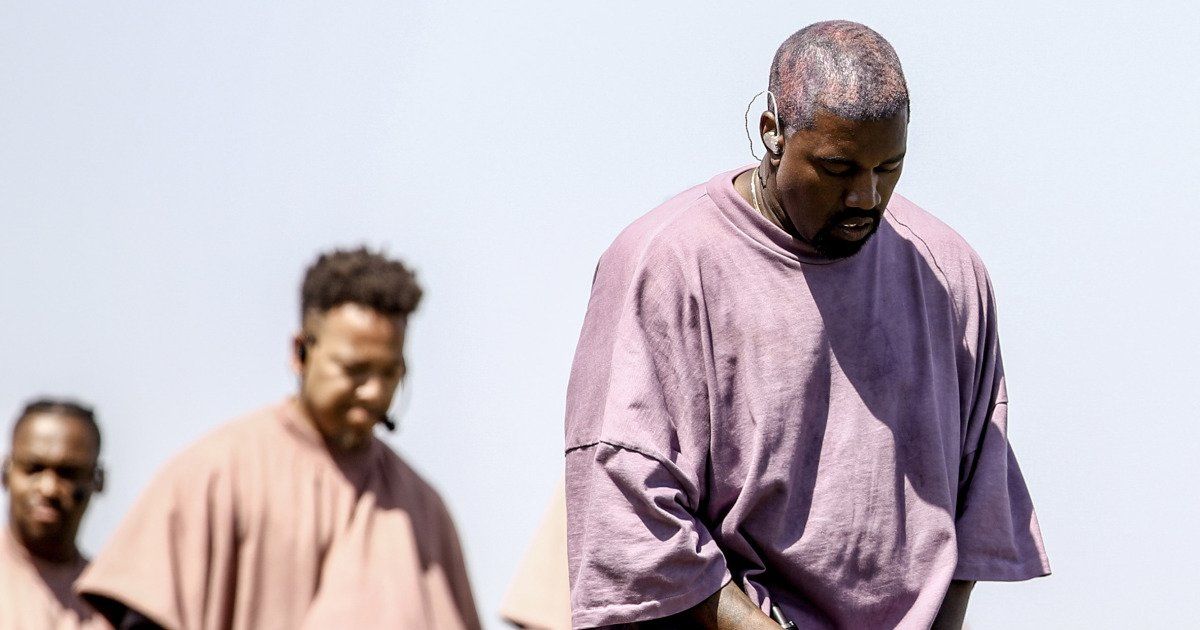Kanye West may be a problematic, belligerent, and generally irritating person, but many consider him to be one of the most gifted artists of his generation. On Oct. 25, West finally released the long-awaited album Jesus is King, his ninth solo project, alongside a half-hour film by the same name. While his previous album, Ye, looked like the beginning of a decline for Kanye due to an uncharacteristic lack of innovation, Jesus is King is a refreshing, albeit imperfect album complemented by a film that reveals Kanye to be not just a talented rapper and producer, but a filmmaker as well.
West’s latest reflects the strengthening of his religious faith. The album starts out strong: “Every Hour” is performed entirely by The Sunday Service Choir, Kanye’s secretive gospel chorus, and is a delightfully upbeat track. “Follow God” and “Selah” perfectly blend the classic, adrenaline-charged beats Kanye is known for with gospel samples and original recordings. Other songs, including “Everything We Need” and “Hands On,” feel too jarring in their gospel-rap blend.
However, where the album truly struggles is in its lyrics. West’s outlandish, taboo sense of humour shines through in his music. It’s what makes Kanye one of the most quotable rappers of all time. //Jesus is King// depicts West veering off the path of vulgarity and onto the path of God—to the detriment of his songwriting. This watered-down version of West would be completely acceptable if he replaced his usual crassness with nuanced lyricism, but each song features the same message: I love Jesus, and you should try it, too.
The film Jesus is King does everything it can to make up for the album’s shortcomings, and inspires a complete reassessment of Kanye’s intentions. Kanye is known for making everything all about him, and while the album does not stray far from this tendency, the film constitutes a rare case of Kanye putting aside his self-centered attitude and creating a work dedicated to one man: Jesus.
Jesus is King, the film, is a glorious, entrancing visual gospel performance set in a sleek, dreamlike structure—an abstract interpretation of heaven. The film features surprisingly few songs from the album, instead opting for either entirely gospel versions of the album’s tracks, original gospel songs, or covers of others’ songs. Jesus is King concludes with a beautiful, melancholic rendition of “Street Lights” from 808s and Heartbreaks, an ending that solidifies Jesus is King as a worthwhile piece of cinema and music.
Despite West missing the mark in some respects, Jesus is King deserves at least a few replays and is elevated far higher by its companion film. The project’s biggest success is the film, a magnificent celebration of Jesus rather than a celebration of Kanye’s love for Jesus. Jesus is King is the most cohesive project Kanye has put out in years, and though it lacks some trademark Kanye charm, the album is yet another successful musical innovation for Yeezy.








